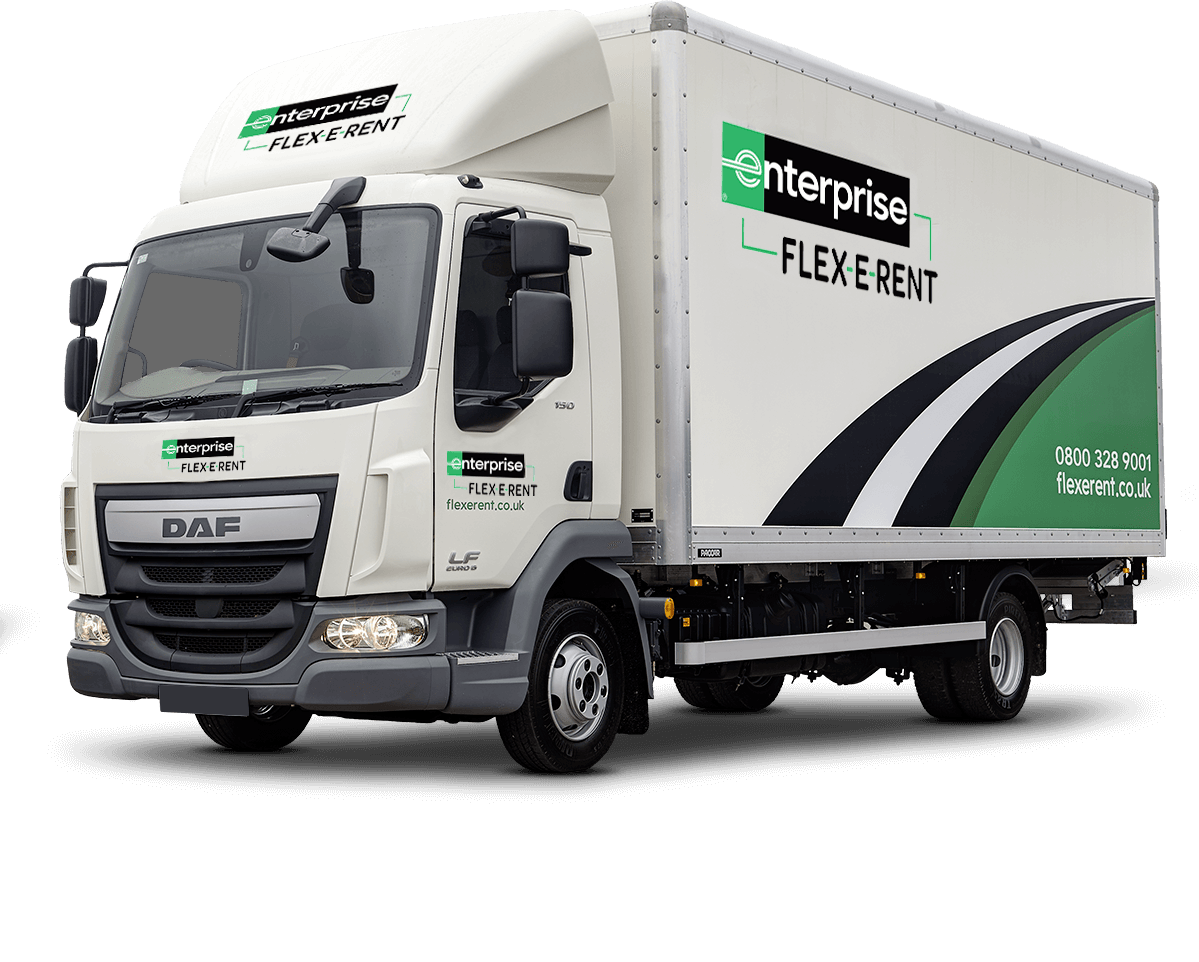While cars are taxed based on a combination of list price and CO2 emissions, the tax rates for vans are far simpler. However, there are still factors to consider because, depending on how you or your drivers use their van, you’ll pay different kinds of tax on it.
Read on for a breakdown of what fleet managers need to know about the tax implications of their vans.
The basics
While it may seem obvious, you’ll first need to know the definition of a van to work out your tax bill. The criteria that HMRC uses to classify vans and light commercial vehicles (LCVs) are as follows:
- A vehicle primarily constructed for the conveyance of goods or burden
- A gross vehicle weight - fully laden - not exceeding 3,500kg
Work buses and minibuses are not vans, because they are designed to carry people. Double-cab pickups may or may not qualify, depending on various criteria.
Van taxation
The taxation system for vans and pickups is different to that for cars. While some areas of van tax are comparatively straightforward, others are more complex.
For a van or pickup, road tax is charged at a flat rate, depending on the vehicle’s age. Currently (for 2016/2017), the van road tax rate is £240 for 12 months, or £132 for six months. This can be paid as a single instalment, or a split amount over six or 12 direct debit instalments.
According to the DVLA, the annual rate is set to increase by 'no more than £5 extra' in 2017/2018.
These rates apply to all vans built after 1 March 2001, and come under the TC39 VED tax code; however, there is a lower rate for vans that fall into specific periods of Euro 4 and Euro 5 emissions regulation, which have a TC36 VED code.
Simply put, if you have a Euro 4 van registered between 1 March 2003 and 31 December 2006 or a Euro 5 van registered between 1 January 2009 and 31 December 2010, you will pay £140 for 12 months or £77 for six months. Currently there is no similar provision for new Euro 6 emissions legislation.
If your van was built before 1 March 2001, you will pay a different rate depending on the size of its engine. For example, for engine sizes up to 1,549cc (just over 1.5-litres) the rate is £150 for 12 months and£82.50 for six months; for engine sizes above 1,549cc it’s £245 for 12 months and £134.75 for six months.
Benefit-in-kind
Vans don't have to meet the same variable scale of taxation that company cars are subject to. Instead, there's a fixed Benefit-in-Kind (BIK) rate for van drivers. Benefit-in-kind is taxation levied against any benefits van drivers receive from their employer. Currently that value is set at £3,230.
Van drivers can avoid a benefit charge if they agree not to use the van for personal journeys. Driving to and from work is acceptable so long as there is a reasonable amount of business use.
The same company van tax principles, and fixed BIK rates, apply to four-door, four seat pick-up trucks in the UK, but there’s an extra level of complication. HMRC has certain guidelines that any pick-up must meet in order to be classified for tax purposes as an LCV. Essentially, any vehicle that has more than one row of seats (as pick-ups do) must have a one tonne payload capability to be classified as a light commercial vehicle.
Tax benefits: hire or buy?
Buying your own fleet can bring undoubted advantages to the right kind of business. In regards to tax benefits, vehicle ownership entitles you to claim a write-down allowance - of up to 100% in the case of electric LCVs. However, this can be as low as 10% per annum if CO2 emissions are more than 160g/km.
On the other hand, hiring vehicles can bring tax deductions. LCV rental is fully deductible for tax purposes, regardless of the CO2 emissions of the vehicles.
It might be then that you need a more flexible option. If you’re debating whether hiring or buying is right for you, our guide helps you choose the most cost-effective, efficient way to acquire fleet vehicles. We take a look at the pros and cons of hiring versus buying, covering matters such as taxation and vehicle maintenance.






